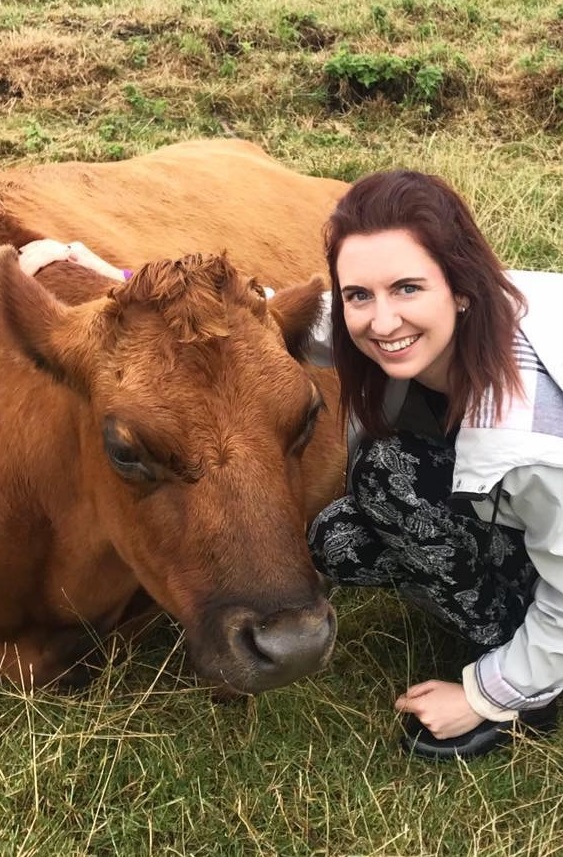October 2020
Every year, World Vegan Day is celebrated on 1st November to help promote the benefits of a lifestyle that aims to cause as little harm to animals as possible.
In recent years, the number of people in the UK who describe themselves as vegan has dramatically increased – a staggering 1.1 million people as of June this year now fall into this category, with this number set to double by the end of the year.
In our recent YouGov survey, we asked people what their reasons were for reducing meat, and received many different responses including environmental concerns, to improve personal health, and 56% said their biggest reason for reducing meat would be to help stop the rise of factory farming.
This poses an interesting question: with so many people reducing or eliminating their consumption of meat and other animal products, why is the UK still overrun with factory farms, including almost 800 exceptionally large ‘megafarms’?
The UK Government is failing to act
It is a critical time for animal welfare in the UK as we approach the end of the Brexit transition period. The pressure is on for the Government to live up to their promises and commit to enshrine animal sentience in UK law. We are also looking to the Government to set in motion targets that will prevent future pandemics like the one we are currently facing. However, there is a key factor related to all of this that is currently being overlooked at a parliamentary level - no action is being taken to end factory farming.
Prevent future pandemics
We already know that three in four of the world’s new or emerging infectious diseases are zoonotic, which means they originate from animals and are then passed on to humans. We also know that of the 1.1 billion land animals who are currently killed for food every year in the UK - 70% are currently confined to factory farms. Keeping animals in this type of intensive confinement has been responsible for numerous pandemic outbreaks throughout history, example avian flu, once a very rare disease among chickens, but now responsible for more serious outbreaks in the past 15 years than in the entire 20th century.
Factory farming provides viruses with the perfect conditions to spread as high numbers of animals are usually confined in small spaces, and being genetically similar it means that a disease can easily pass from one animal to the next. These high numbers of animals living on factory farms usually live out their short lives in dirty and cramped conditions, where they are often unable to perform their natural behaviours – causing them to also suffer from stress.
So, what’s the solution?
The world is not only in the middle of a global public health pandemic, we are also facing a climate emergency, with more animals suffering than ever before. The rising number of people choosing a vegan lifestyle and reducing their consumption of animal products is encouraging, but we are currently lacking firm action taken at a parliamentary level. Now is the time for the Government to commit to an end to factory farming, starting with phasing out ‘megafarms’ and setting a target of reducing meat consumption in the UK by 50% by 2030.
This #WorldVeganDay we are calling on the UK Government to make this important commitment to help create a kinder, safer world. You can view our Government e-petition here.
Follow: @FourPawsUK
The opinions expressed in this blog are the author's and not necessarily those of the wider Link membership.




Latest Blog Posts
October 2020



Latest Blog Posts